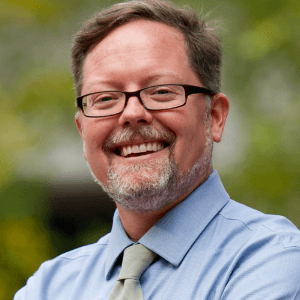Title : Saving the environment: Removing toxic catalysts from nanoparticle synthesis
Abstract:
Biomaterials is one of the last fields to embrace environmentally friendly technologies where many of our current implants leave a large environmental impact during production and after use, such as stainless steel, titanium, and numerous polymers. Many researchers will claim that our first priority in biomaterials must be to save human lives and that is why environmentally friendly materials have not been embraced as medical devices. Yet, it is clear that we can save human lives with environmentally unfriendly materials and then ruin the environment to eventually hurt human lives. This invited talk will cover how one can synthesize one prominent biomaterial, nanoparticles, not using toxic catalysts but using cells, plants, and other living organisms. It will cover numerous examples of how natural materials themselves can be used to create better wound healing materials, orthopedic implants, anti-cancer materials, anti-infection materials, and more while being environmentally friendly. In fact, numerous examples will be given which show that such naturally-derived biomaterials actually outperform conventional environmentally unfriendly materials in terms of biological properties and implant efficacy



